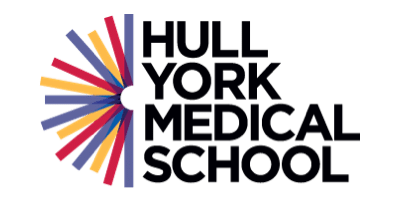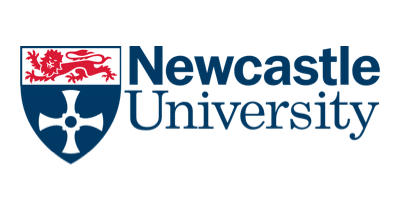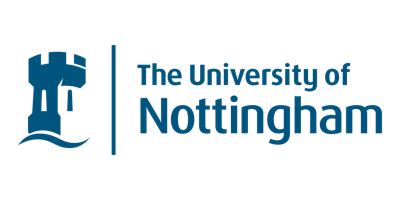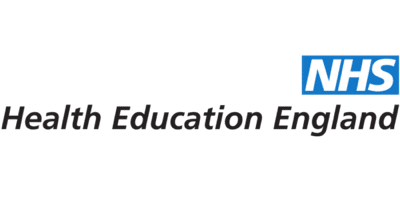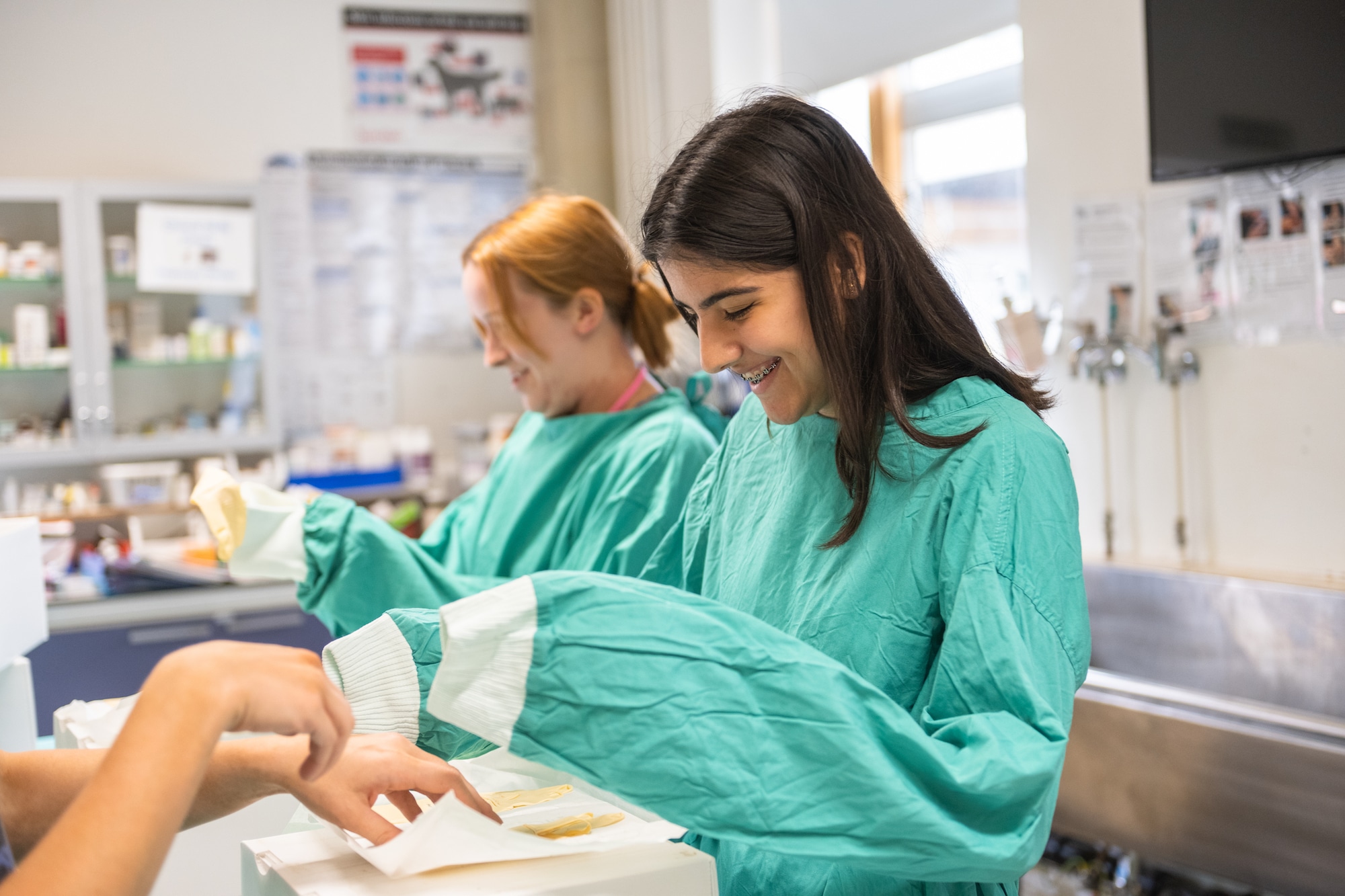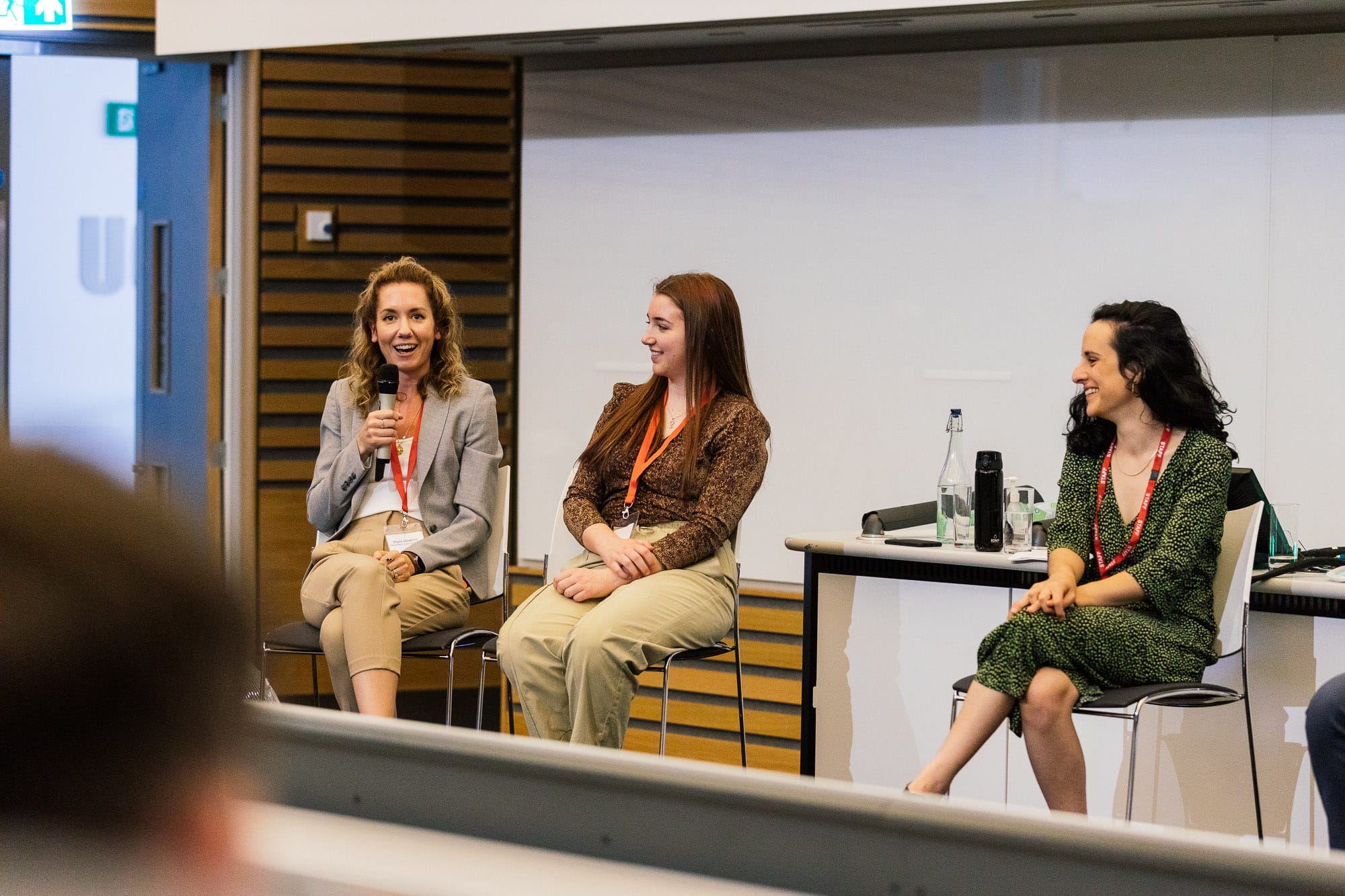What will I learn?
Career Support
Higher Education Access
Soft Skills Training
National Conference
Programme Benefits
Programme Benefits
Application Support
Pathways will provide expert and personalised support throughout the university and apprenticeship application process, with:
- A personal statement mentor and apprenticeship application workshops
- University and Apprenticeship Q&A sessions
- Curated resources on how to write the best applicationLots of
- information on bursaries, scholarships, and financial aid
Professional Network
Throughout the programme, you’ll attend networking skill sessions and then put your new skills into practice. Meeting a variety of medical professionals, volunteers and university professionals; you will build up your professional network for future opportunities.
Peer Network
Throughout the programme, you will meet with other students for both events and social activities. Often our students end up at the same university as their programme, which means that you will already have an established network of friends when you get there.
Work Experience
You will automatically be eligible to take part in an exclusive online work experience. The three- day online work experience allows you to follow one patient’s journey through a hospital, learning from top medical professionals and current medical students, and gaining an insight into a variety of medical specialities such as Emergency Surgery, Cardiology and Rehabilitation. You’ll also working on practical group activities in key skills like consultation and medical ethics.
You may also have the opportunity to take apply for an in-person work experience in a clinical setting, meeting clinicians and learning what it’s really like to work in a hospital.
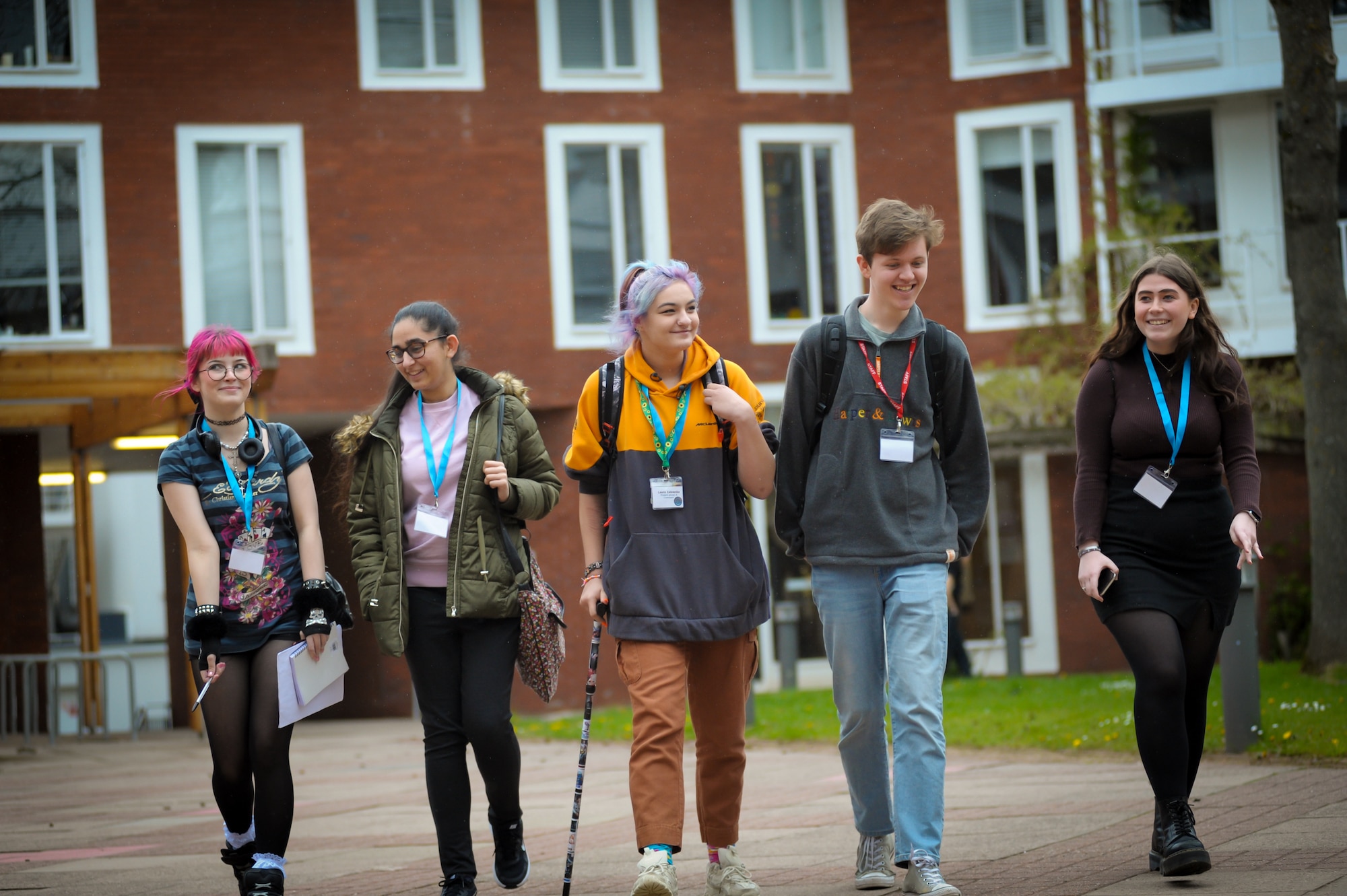
Find my nearest programme
Please enter your postcode then select and address from the dropdown
Your closest University offering Pathways to is:
Hear from our students
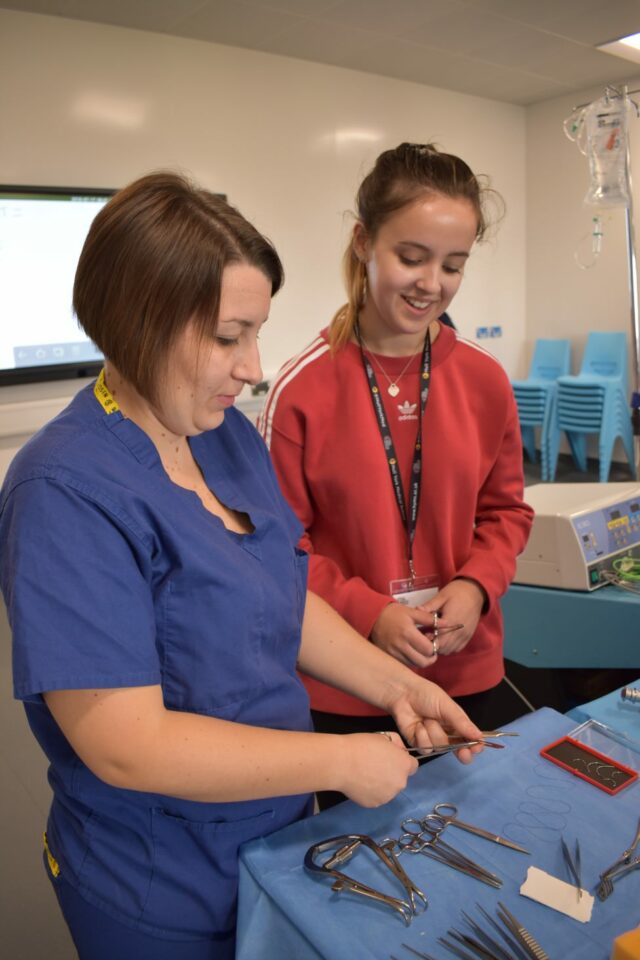
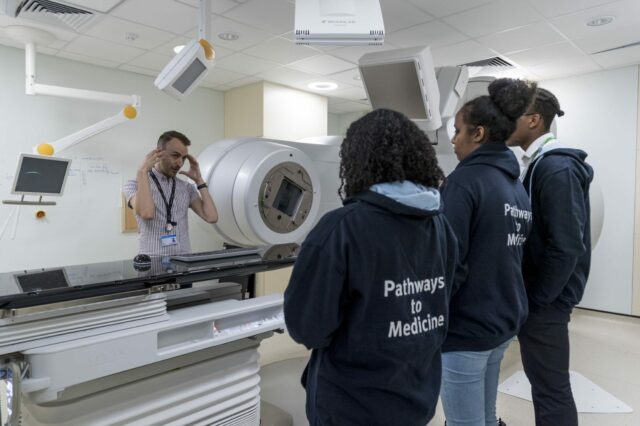
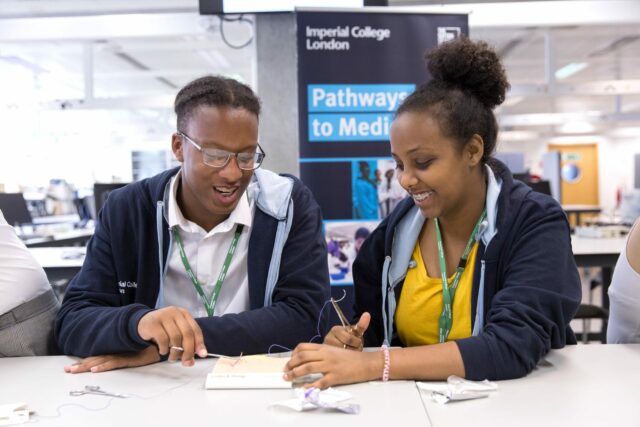
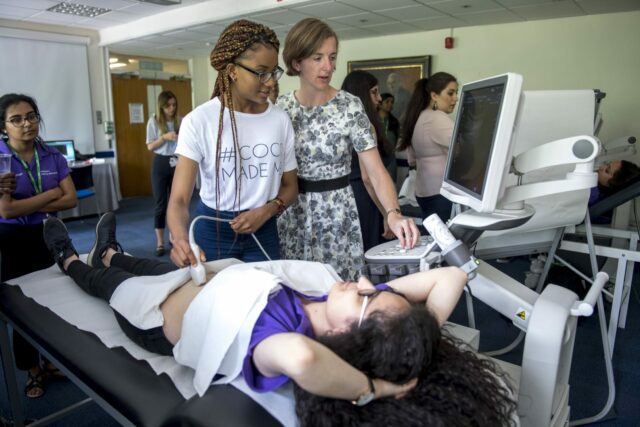
I signed up because I knew just how competitive medicine is, so I just jumped at as many opportunities as possible. I knew that it was a two-year programme where I could experience the medical school, gain work experience and even get lower grade boundaries if I completed the programme – how could I not sign up to it?
Thanks to the programme, I was able to secure work experience at Charing Cross Hospital working with an anaesthetist. It was really fascinating – I had the opportunity to put on scrubs and watch real surgeries take place.
Given the circumstances of COVID-19, this programme was a great way to gain advice and guidance by speaking to so many different people who have all had various experiences throughout their journey into medicine. It has also helped with the daunting application process and really helped to clarify what is needed of a strong medicine candidate!
I loved my experience on the programme, as there were various different tasks and activities to do. I gained an overall insight into medicine and I was able to be well-informed on the subject, which helped in making my decision to choose to study it at university.
Our partnerships
